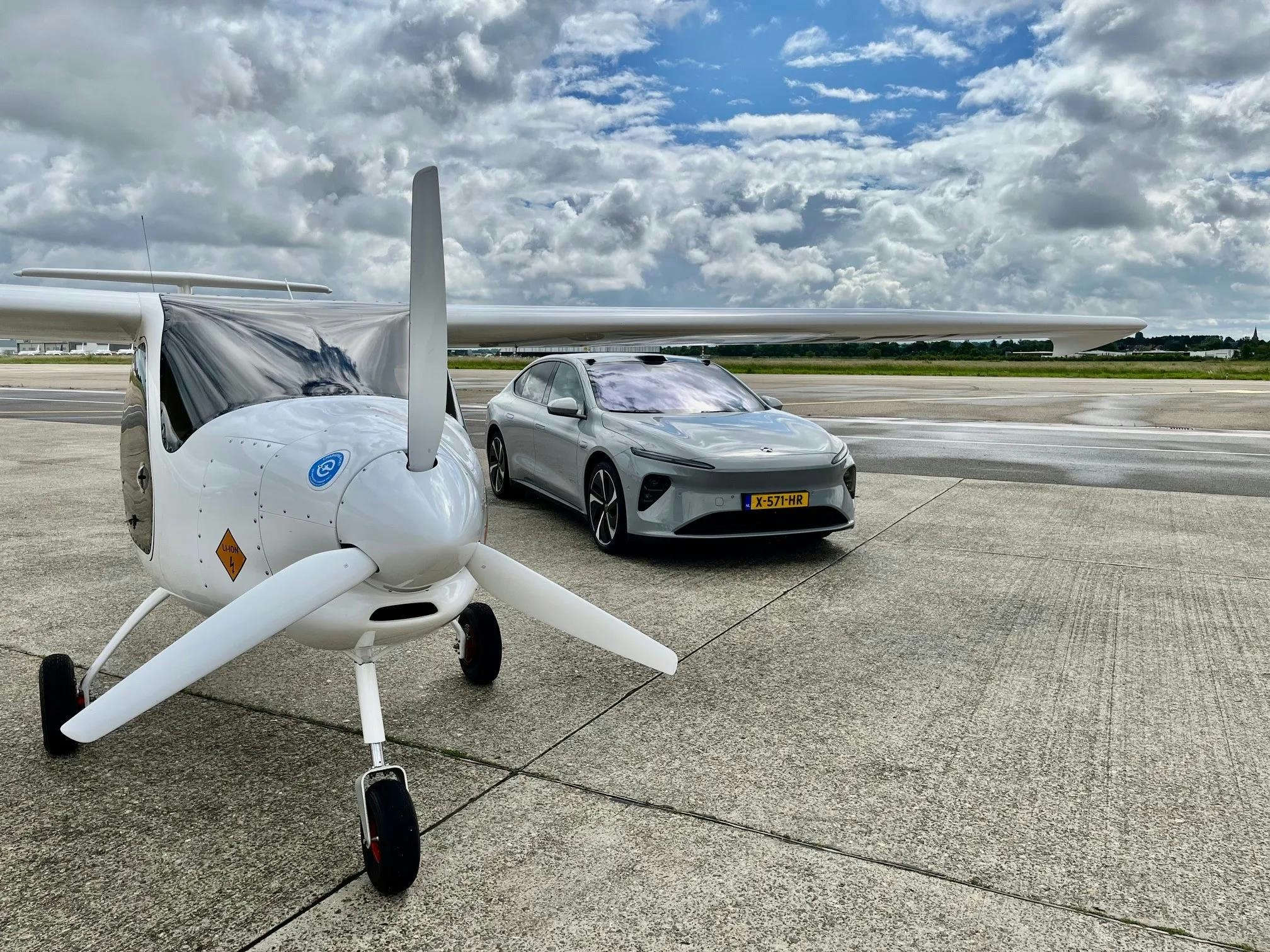
Intelligentere E-Mails, schnelleres Geschäft. RFQs, Angebote, Bestellungen und mehr automatisch markieren, analysieren und beantworten – sofort.
Trends
Categories
American Airlines’ First Airbus A321XLR Grounded in Europe Amid Supply Chain Delays
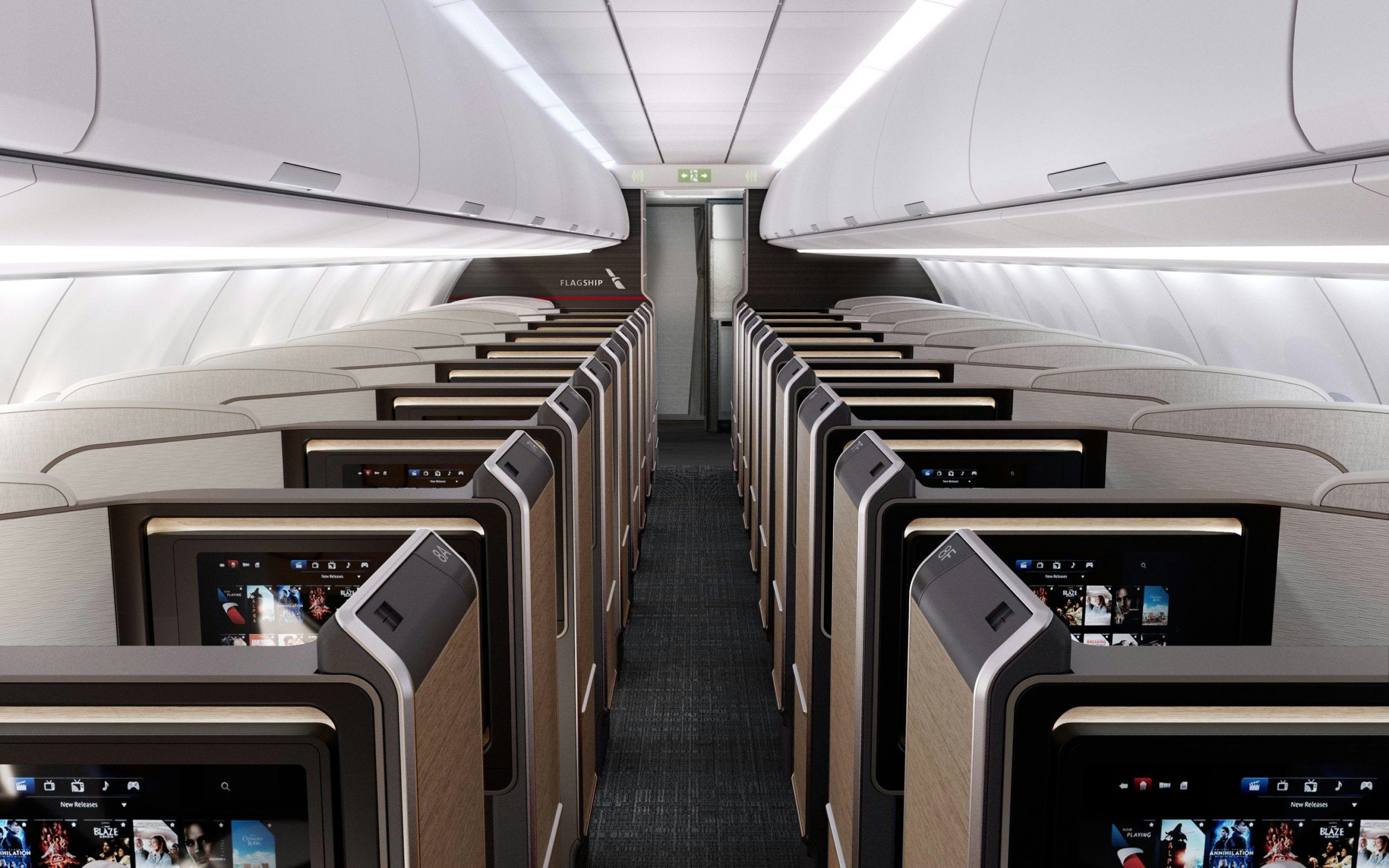
American Airlines’ First Airbus A321XLR Grounded in Europe Amid Supply Chain Delays
American Airlines’ inaugural Airbus A321XLR remains grounded in Europe due to persistent supply chain disruptions, delaying its anticipated entry into service and highlighting broader challenges confronting the aviation industry. The long-range narrow-body aircraft was slated to enhance American’s transcontinental and international operations, with plans to commence U.S. routes in late 2025 before expanding to transatlantic flights. However, a critical shortage of cabin seats—delayed by global supply chain issues—has prevented the aircraft from being flown as scheduled. The airline must await the delivery and installation of these components before the jet can enter service.
Impact on Fleet Expansion and Operational Strategy
This delay carries immediate consequences for American Airlines’ fleet expansion strategy. The A321XLR is pivotal to the carrier’s ambition to grow its long-haul fleet to 200 aircraft by 2029, addressing rising demand for premium travel. Configured with 20 Flagship Suites and 12 premium seats, the aircraft promises enhanced comfort and efficiency on long-range routes without the need for larger wide-body jets. Its extended range of over 4,700 miles is designed to unlock new routes and improve operational flexibility. The grounding, however, disrupts these plans and underscores the fragility of supply chains integral to modern aircraft production.
Broader Industry Challenges and Financial Implications
The situation reflects persistent supply chain complexities affecting the global aerospace sector. Airlines across North America and Europe are contending with production delays, shipment bottlenecks, and shortages of key interior components. These issues, intensified by the lingering effects of the COVID-19 pandemic and ongoing global trade tensions, have increased operational costs and forced carriers to revise fleet strategies. For American Airlines, the delay not only postpones the deployment of a critical aircraft but also raises concerns about financial repercussions and investor confidence. The airline faces elevated costs linked to the disruption and must manage potential negative market responses. Meanwhile, competitors may seek to leverage the situation by optimizing existing fleets or accelerating acquisitions of alternative aircraft models to mitigate similar risks.
Industry leaders have identified these supply chain vulnerabilities as a significant obstacle to the aviation sector’s recovery and growth. The grounding of American Airlines’ A321XLR exemplifies how such disruptions can cascade through airline operations, affecting fleet modernization efforts and the overall customer experience. American Airlines is actively collaborating with suppliers to resolve the seating shortage and aims to have the aircraft operational later in 2025. Until then, the grounding serves as a stark reminder of the ongoing challenges airlines face in rebuilding and expanding within a complex global environment.
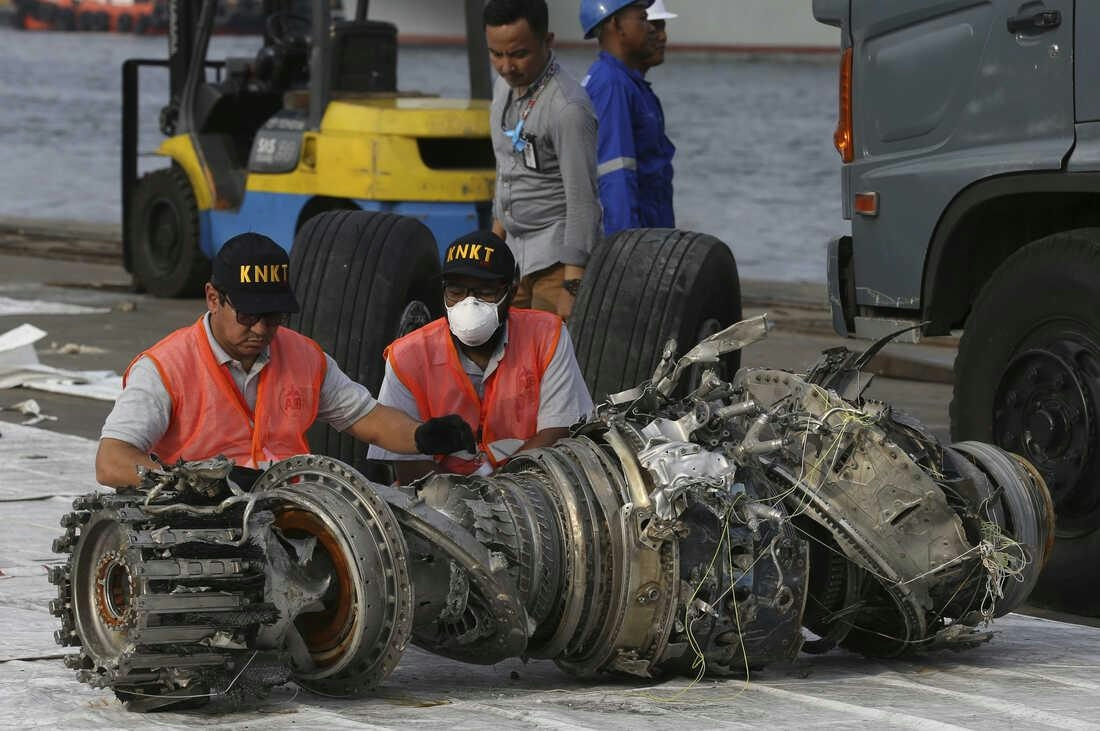
Ongoing Engine Issues Continue to Affect Boeing 737 MAX Performance
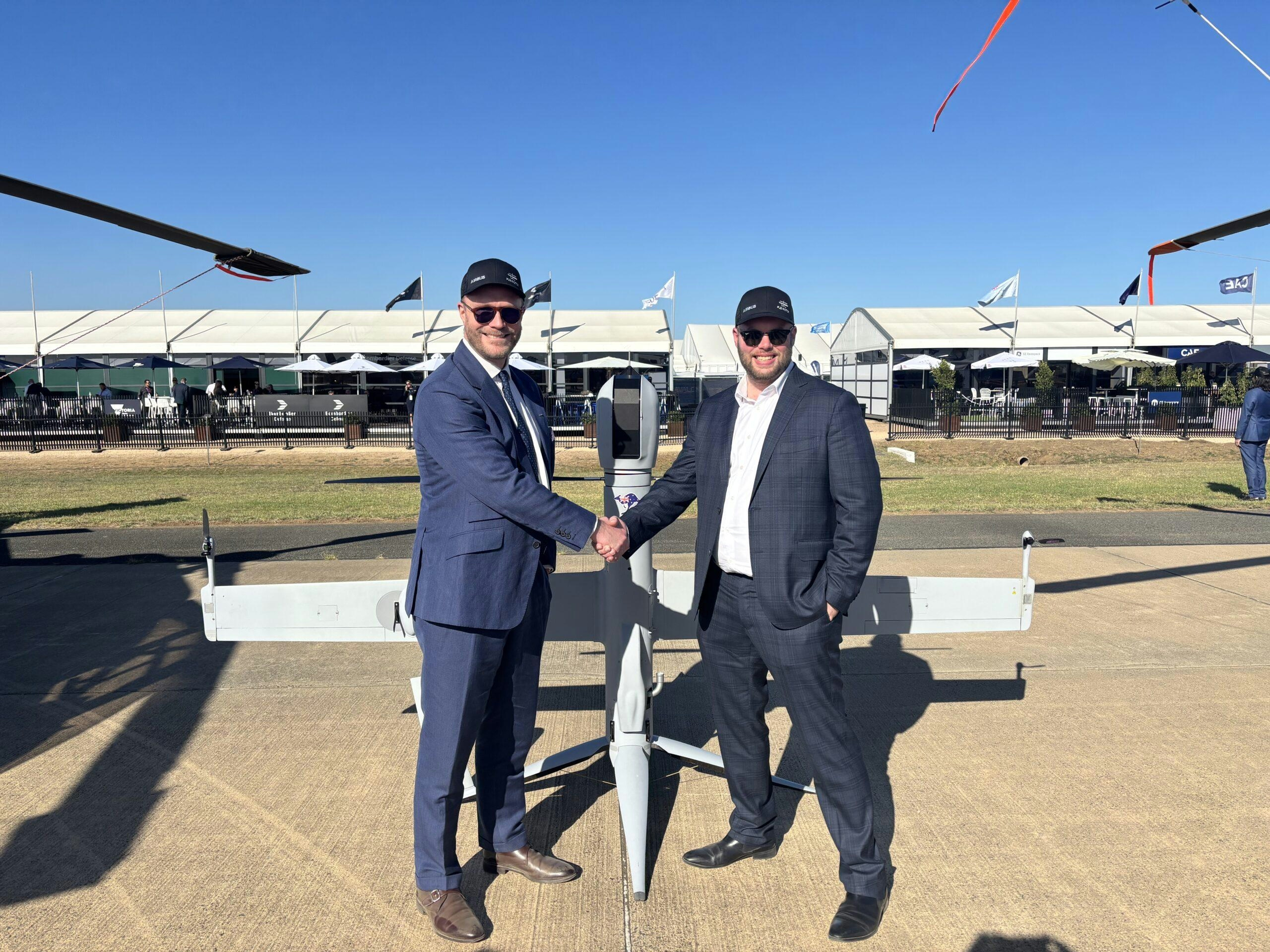
Drone Forge Makes First Order of Airbus Flexrotor

American and Southwest Airlines Will Not Use AI for Pricing
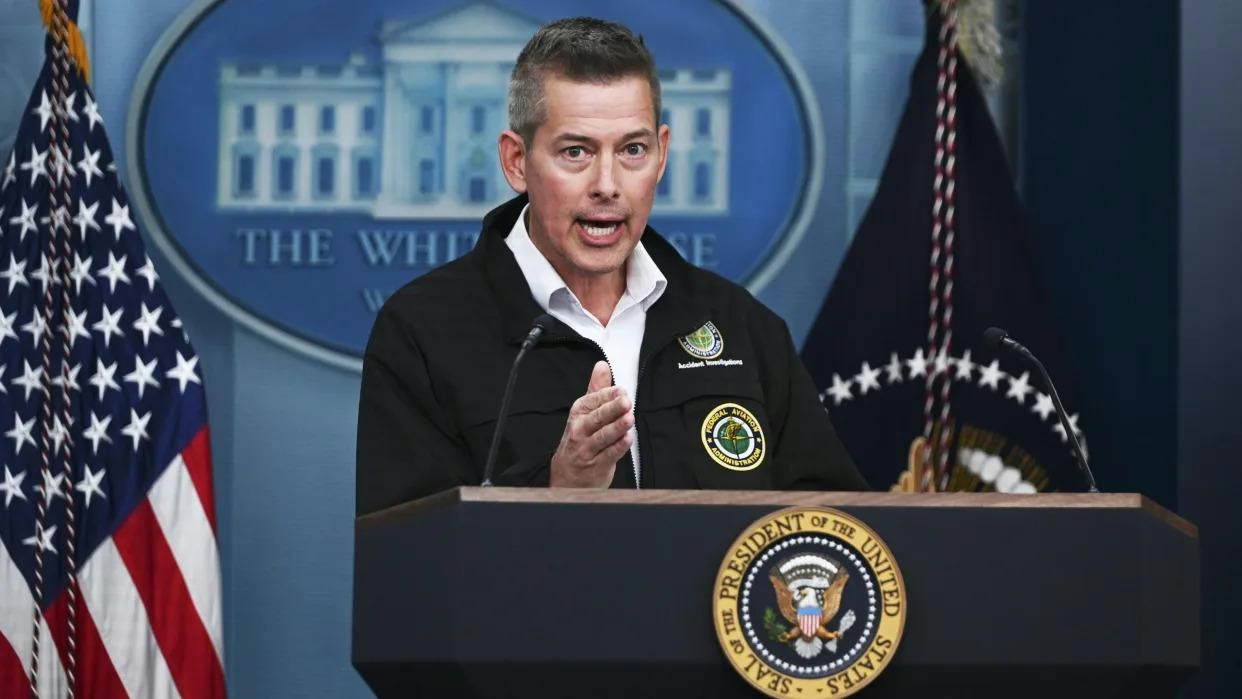
Congress Questions FAA on Staffing Cuts and AI Use Amid Safety Concerns
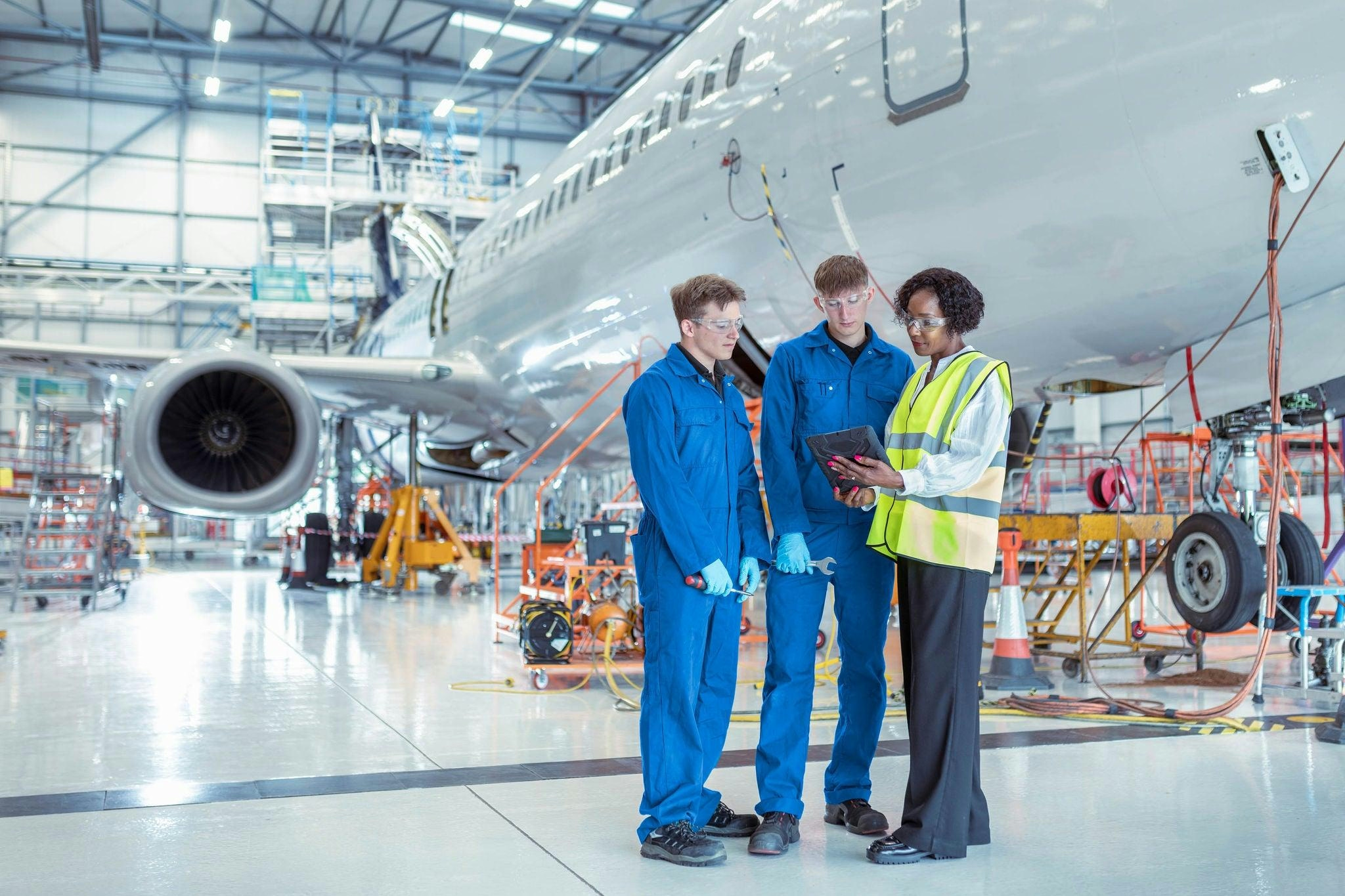
Supply Chain Delays and Their Impact on the Future of Aviation
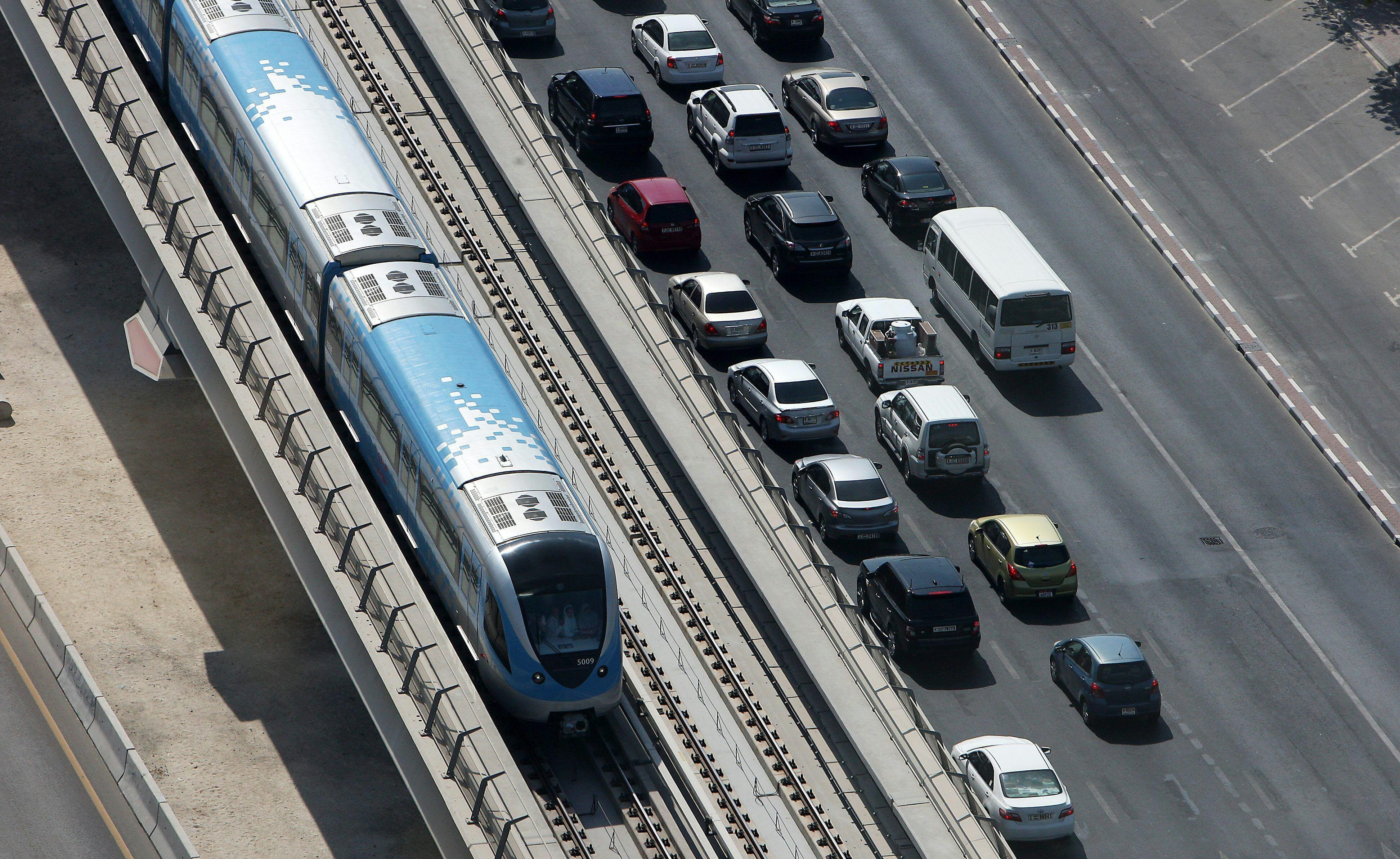
The Future of Bus Travel in Dubai Amid Rise of Metro and Air Taxis

Air India CEO Urges Staff to Respond with Openness Following AI 171 Crash
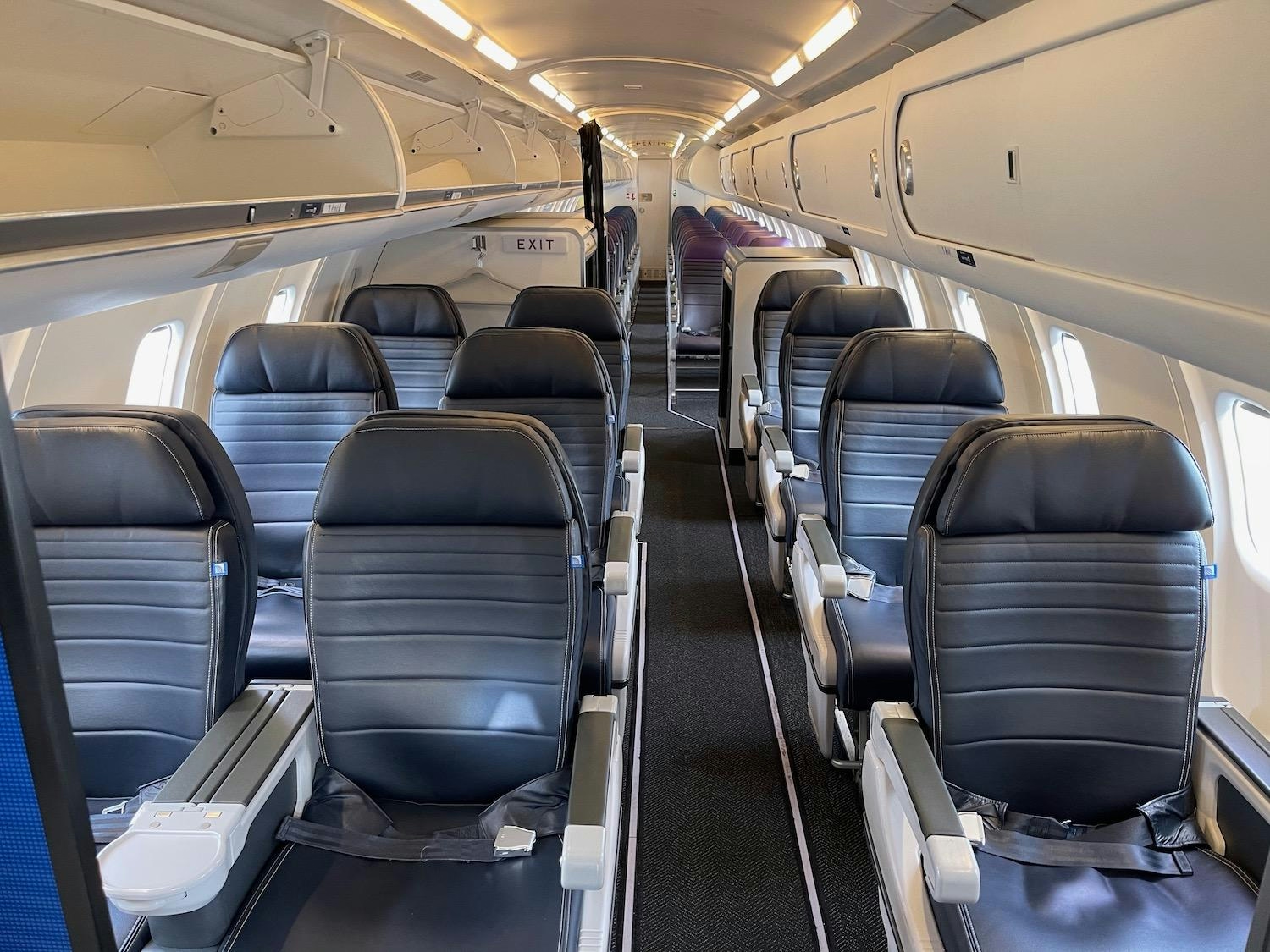
Evolution Airways Expands Citation Fleet, Considers ERJ and CRJ Jets
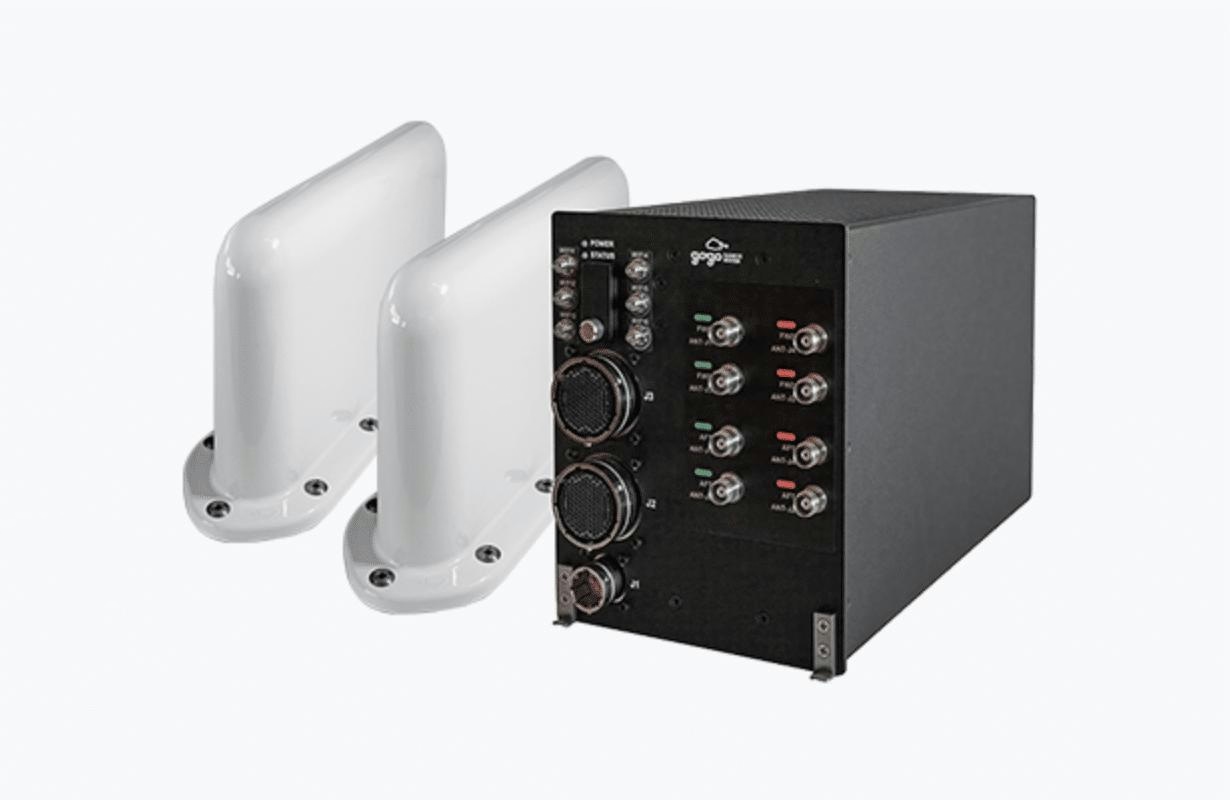
Elevate MRO Begins Offering Gogo Installations Through Industry Partnerships
